Guy Tillim
Points of View
-
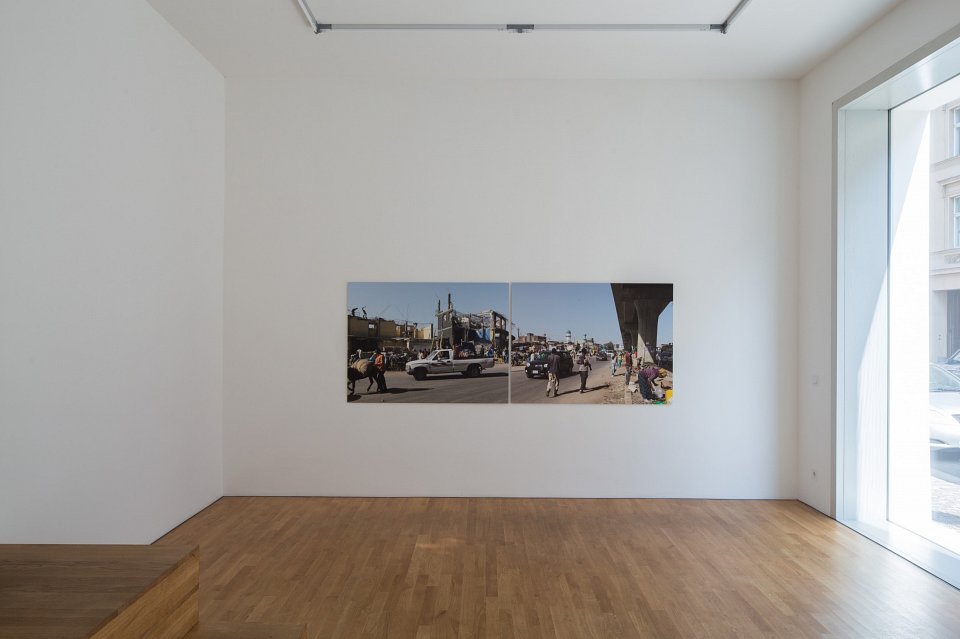
Points of View, installation view, Kuckei + Kuckei, 2016
-

Points of View, installation view, Kuckei + Kuckei, 2016
-
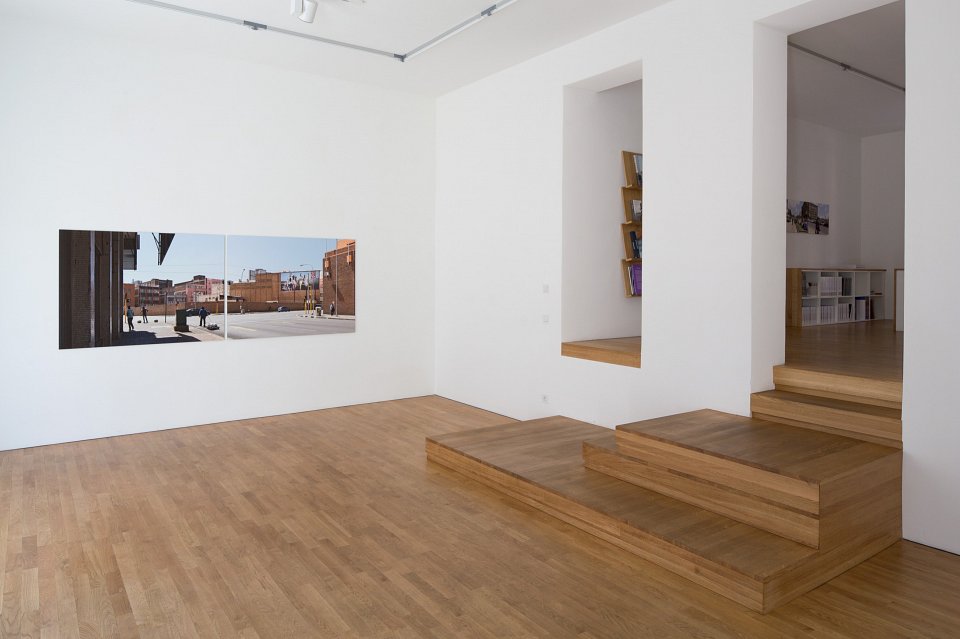
Points of View, installation view, Kuckei + Kuckei, 2016
-
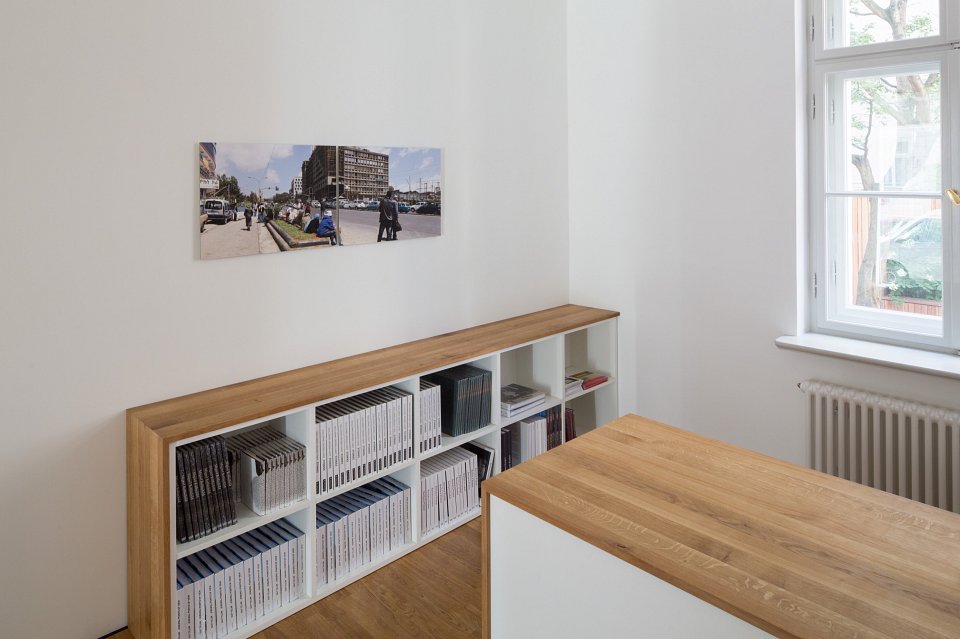
Points of View, installation view, Kuckei + Kuckei, 2016
-
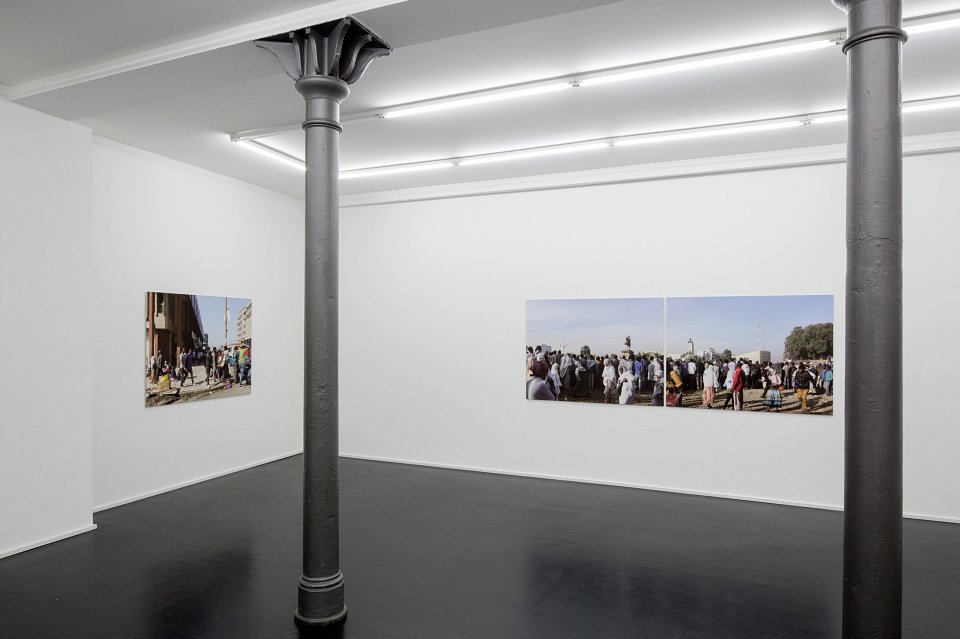
Points of View, installation view, Kuckei + Kuckei, 2016
-
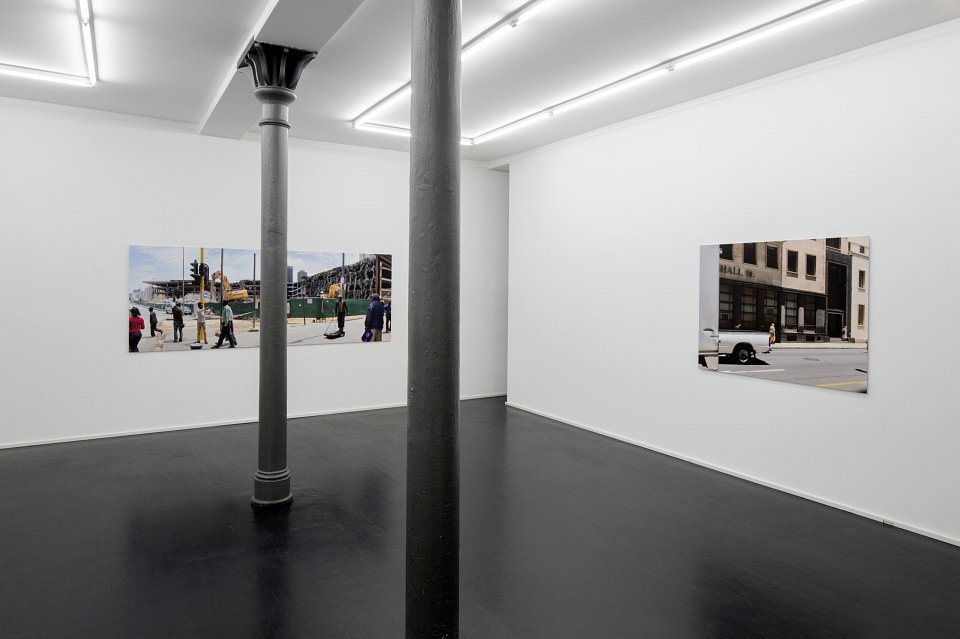
Points of View, installation view, Kuckei + Kuckei, 2016
-
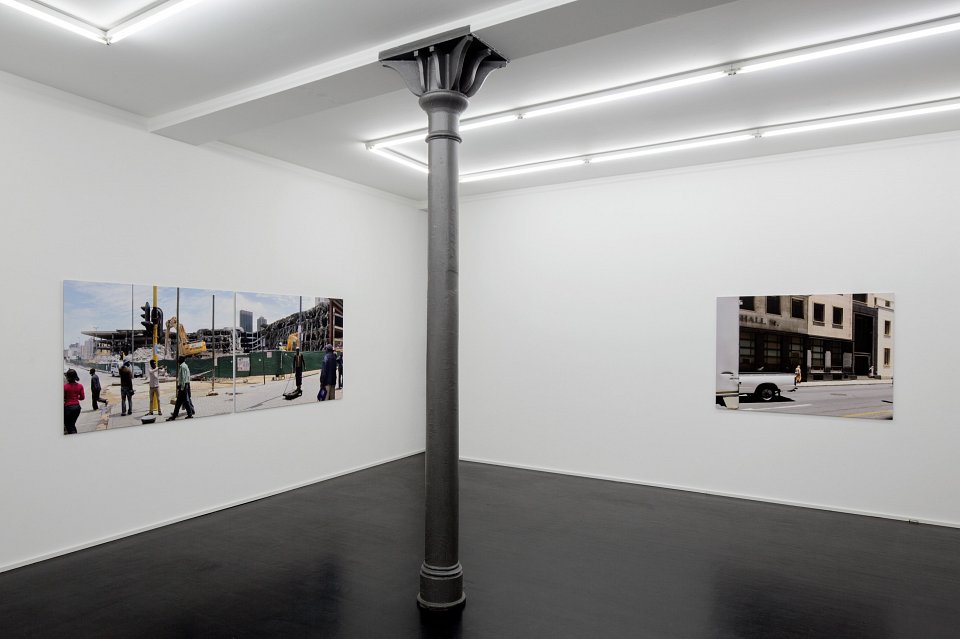
Points of View, installation view, Kuckei + Kuckei, 2016
-
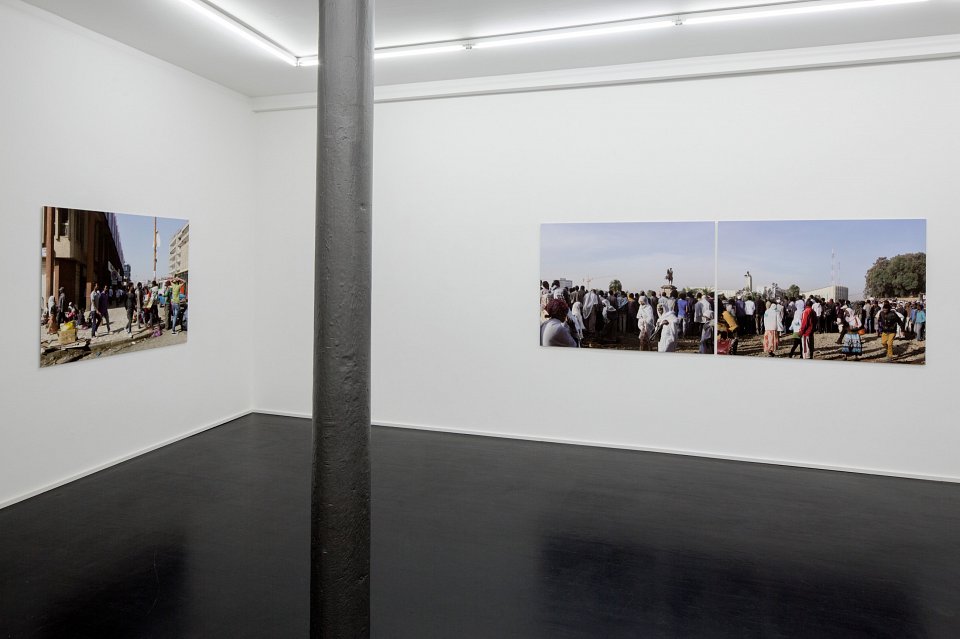
Points of View, installation view, Kuckei + Kuckei, 2016
-
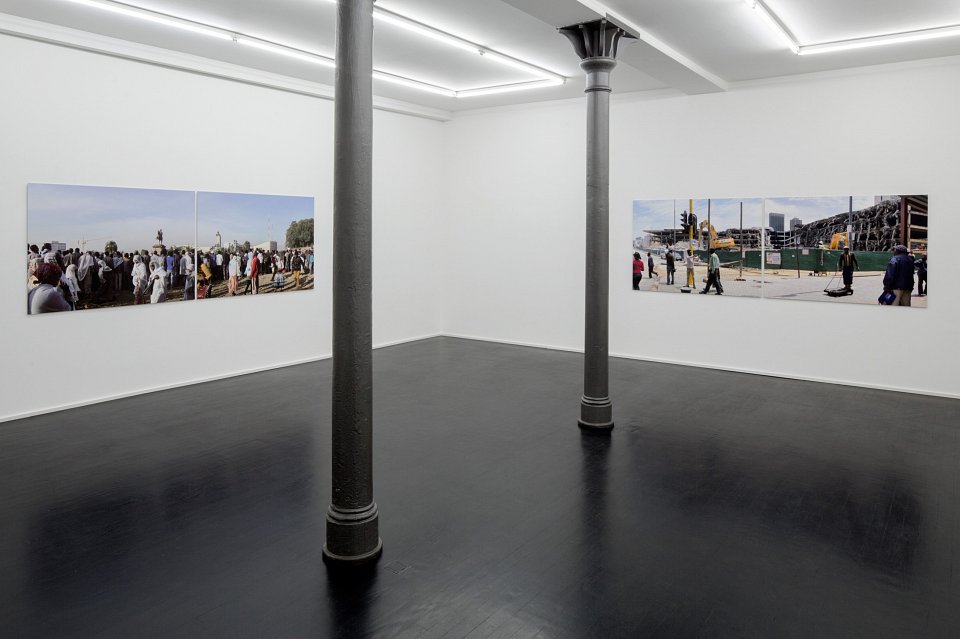
Points of View, installation view, Kuckei + Kuckei, 2016
-
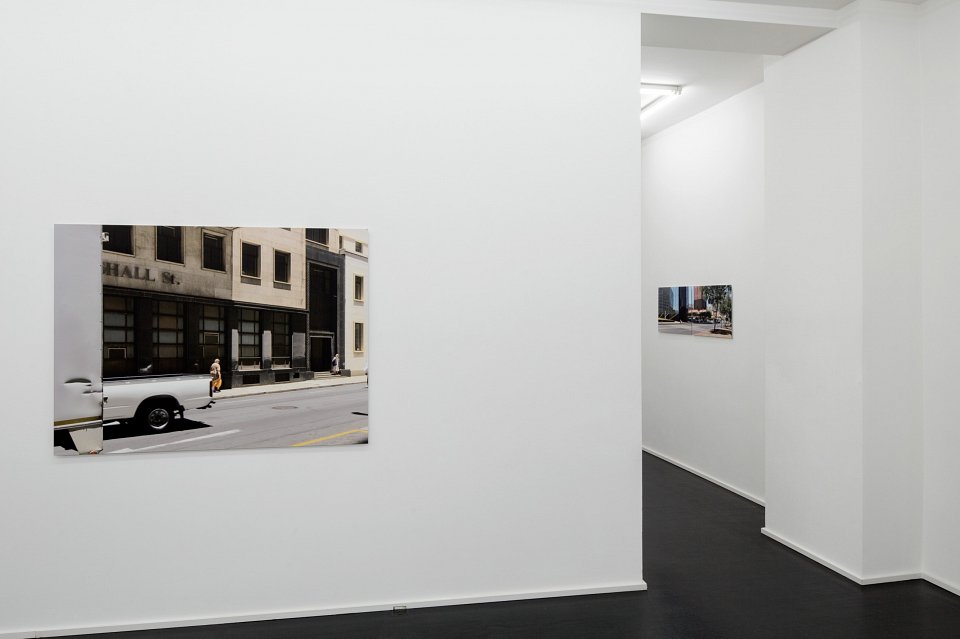
Points of View, installation view, Kuckei + Kuckei, 2016
-

Points of View, installation view, Kuckei + Kuckei, 2016
-
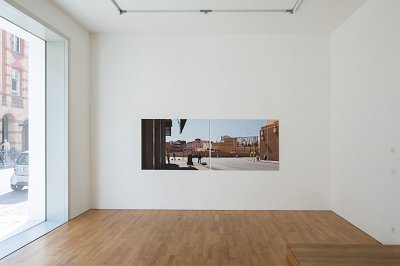
Points of View, installation view, Kuckei + Kuckei, 2016
-
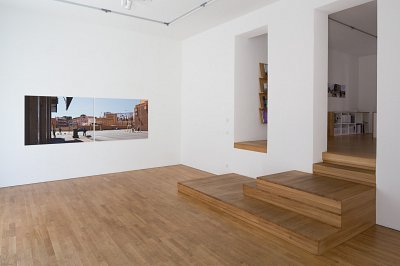
Points of View, installation view, Kuckei + Kuckei, 2016
-
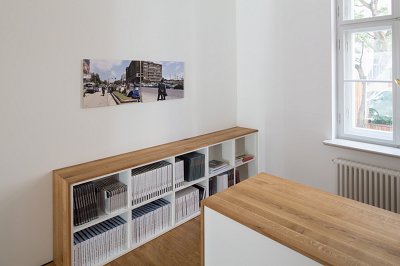
Points of View, installation view, Kuckei + Kuckei, 2016
-
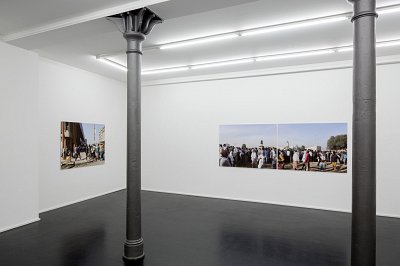
Points of View, installation view, Kuckei + Kuckei, 2016
-
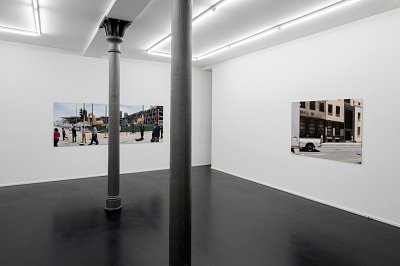
Points of View, installation view, Kuckei + Kuckei, 2016
-

Points of View, installation view, Kuckei + Kuckei, 2016
-
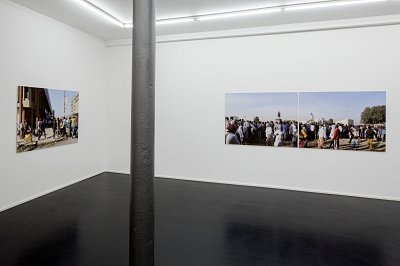
Points of View, installation view, Kuckei + Kuckei, 2016
-

Points of View, installation view, Kuckei + Kuckei, 2016
-
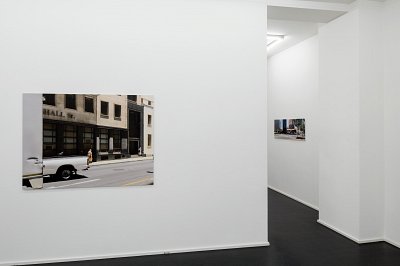
Points of View, installation view, Kuckei + Kuckei, 2016
Kuckei + Kuckei is pleased to present new work by Guy Tillim. In Points of View: Joburg/ Addis Ababa the artist returns to the city which he last photographed more than a decade ago and subsequently expands his view further to Addis Ababa following the same strategies of observation.
Back in 2004, Johannesburg offered a provocation to Tillim’s understanding of documentary photography and debates around representing a politically contested landscape. More recently, the artist has been increasingly interested in notions of judgment and control around image-making, which he explored in Second Nature. In this series of images taken in Polynesia and São Paulo the viewer is not offered a conventional point of focus or easily identifiable subject that is the standard premise for photography. Instead, the paradox of photographing nothing yet everything, and of observing the resultant conflation of subject and object, becomes the premise for his photography. His next series, Libreville, pushed this investigation further, bringing the formal concerns of Second Nature to bear on an African city that visibly declares its ongoing struggle with ideological power.
Of his newest series – POINTS OF VIEW – Tillim writes: „In 2004 I spent four months in downtown Johannesburg. I saw the city then as a giant puzzle. My plan, to photograph small pieces at a time and put them together to create a portrait, soon seemed pointless in the face of the city’s infinite impulses that could not be contained in a manner of my liking. I couldn’t see everything and be everywhere. I realized that to suggest some kind of truth, it wouldn’t matter particularly where I was, but I’d have to let the place speak through me rather than trying to assign co-ordinates to a piece of puzzle. Of course the uncomfortable question then arose: who was I in this city, in this landscape?
It was this shift or realization, or sensation, that links the work then to the pictures I took in the city in 2013/14, setting me off on a journey to make landscapes that would attempt, as far as possible, to be without pointed judgment, on the grounds that my judgment or preconceptions of a landscape, of a mountain or a skyscraper, say, are irrelevant in the face of its immutability. The process of finding an answer would call for making pictures that are more like windows than mirrors or pale reflections. A window’s neutrality and its equitability would suggest intangible context; where the frame is no longer a tyranny, where it is an invitation to explore rather than state a claim. The frame cannot escape the question about what it can’t see and can’t know, but perhaps there’s a place where the question simply ceases to arise.“